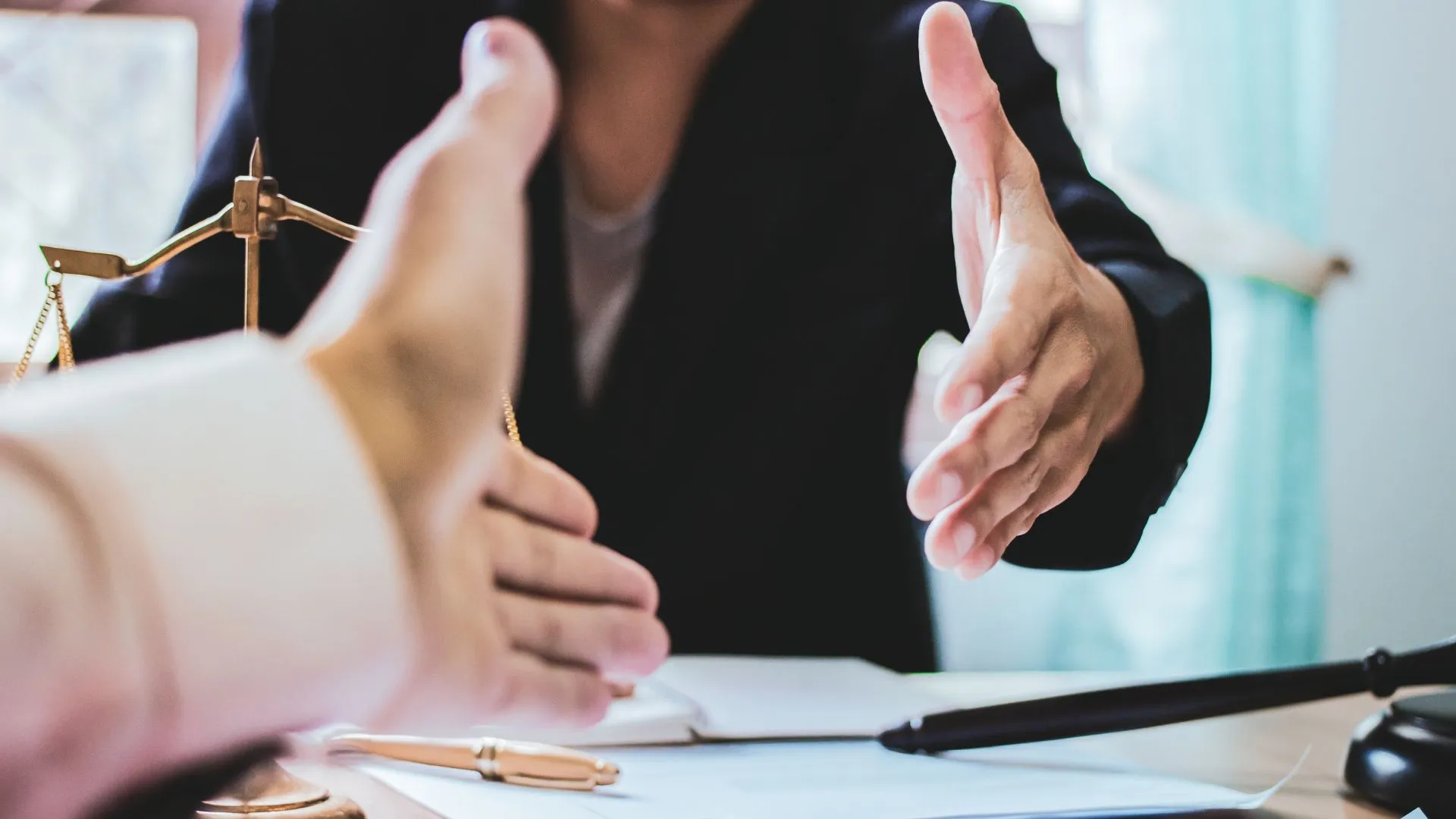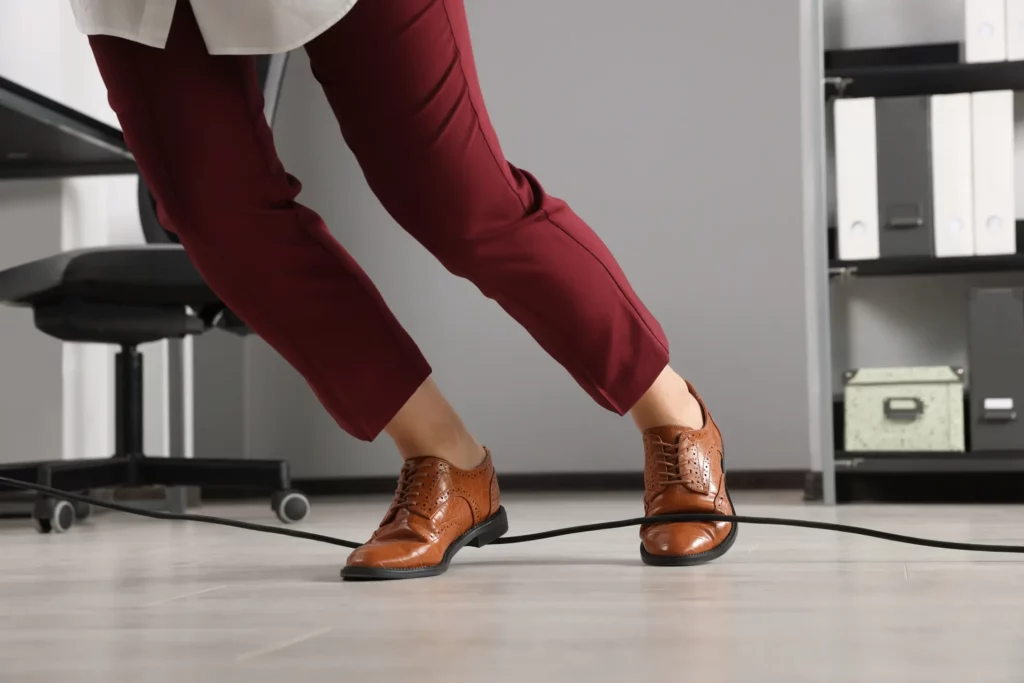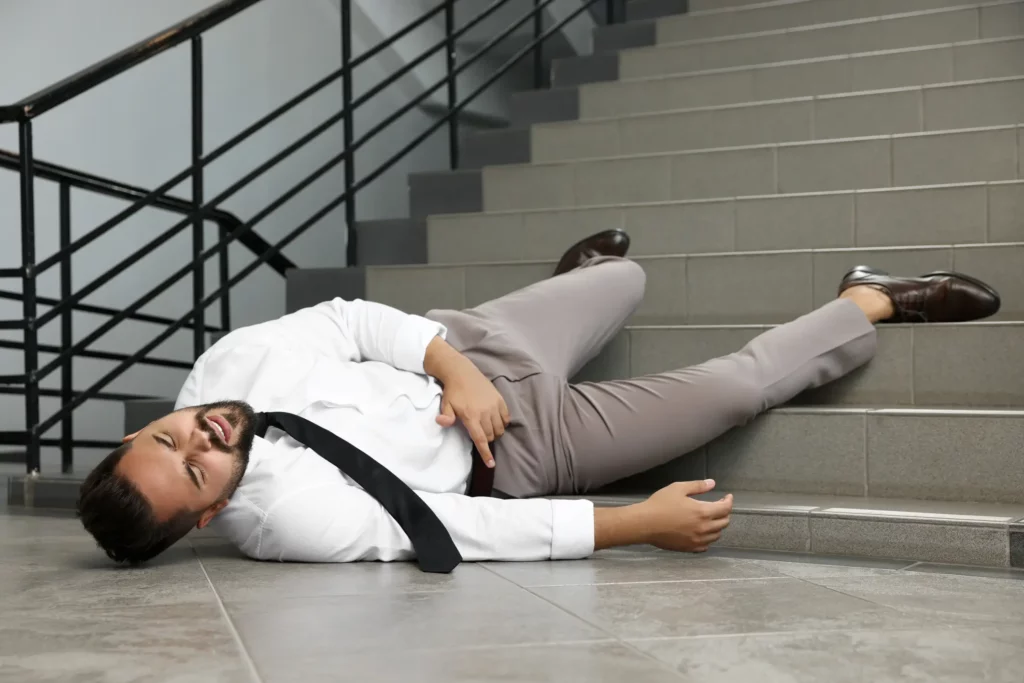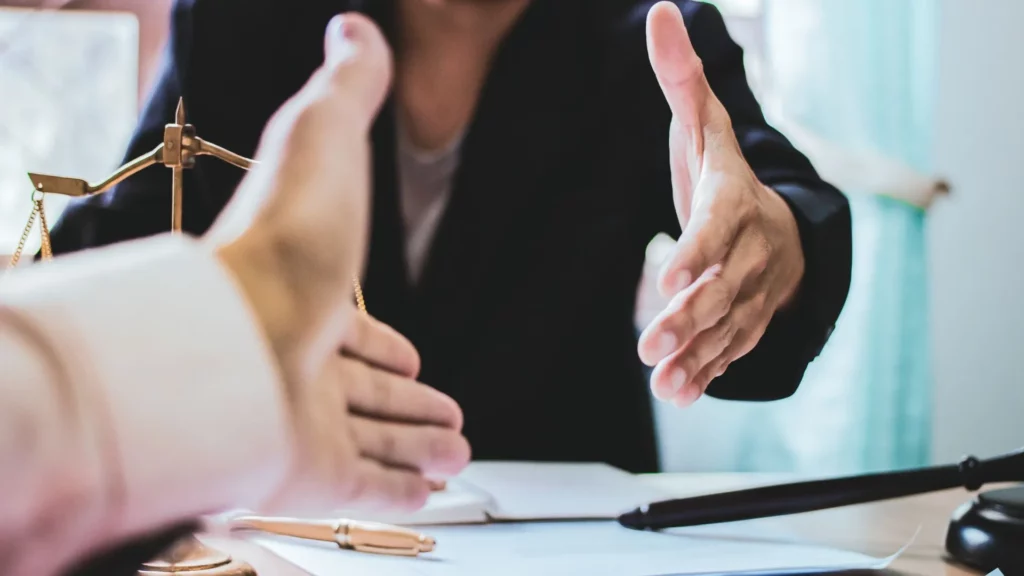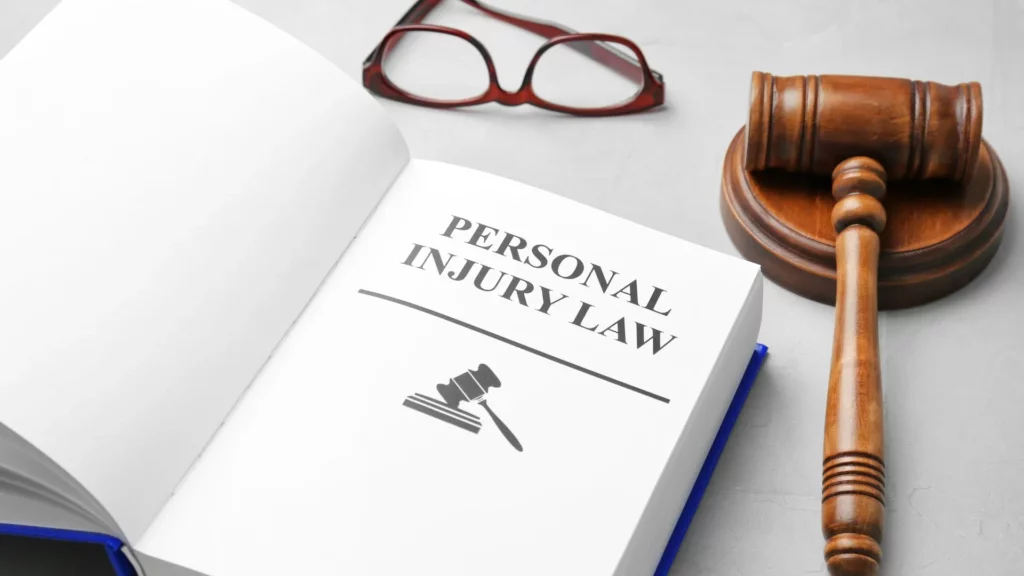Property owners, including those who own private and government properties in California, are required to provide a duty of care to guests by maintaining a safe environment free from potential hazards. Under California premises liability law, property owners can be held liable for injuries that occur due to unsafe conditions. If you’ve been hurt on someone else’s property, you deserve compensation for your injuries and losses.
At West Coast Trial Lawyers, our California premises liability Lawyers bring over 20 years of combined legal experience and a proven record of winning more than $1.7 billion in settlements for our clients. Whether you have been hurt at someone’s place of business or at a large event venue, let us put our expertise to work for you and fight for the maximum recovery you deserve.
To schedule a free consultation, you may reach out by calling (213) 927-3700 or filling out our quick contact form. We are available 24/7 to offer legal assistance to victims of personal injury.
Why Choose WCTL?
For California premises liability victims, choosing the right legal team can make all the difference. At West Coast Trial Lawyers, our experienced, in-person California attorneys—including Harvard graduates and nationally recognized legal analysts—handle your case directly. We never outsource, inflate fees, or add hidden costs, and we handle property damage for free. With a proven track record of going against major corporations like Disney, Starbucks and the NBA, we have the trial experience and expertise to fight for the maximum compensation you deserve.
What is Premises Liability?
Premises liability is a type of personal injury claim that arises when an individual is injured on someone else’s property due to the property owner’s negligence. This area of law holds property owners accountable for maintaining a safe environment for visitors and guests. Accidents that fall under premises liability can occur on both commercial and residential properties and include incidents such as slip and fall accidents, dog bites, and assaults. Under premises liability law, property owners are responsible for ensuring their property is free from hazards that could cause harm to others.
Duty of Care and Negligence
According to California law, property owners have a legal duty of care to ensure their premises are safe for visitors and guests. This duty involves taking reasonable steps to prevent accidents and injuries, such as regularly maintaining the property, promptly repairing hazards, and providing adequate warnings of potential dangers. Negligence occurs when a property owner fails to meet this duty of care, resulting in an injury or accident. For example, if a property owner neglects to fix a broken stair or clean up a spill, and someone gets hurt as a result, the property owner can be held liable for the injuries sustained.
Common Types of California Premises Liability Claims
As property owners are required to take reasonable action to ensure that their guests are safe from potential risks while on their premises, the amount of reasonable actions they take must be done so in a way that is reasonable. Failing to do so may result in the property owner facing a premises liability claim from the injured guest. While every premises liability claim is different, it is important that accident victims try to understand their situation as much as possible, so they can provide their attorneys all of the necessary information.
Slip and Fall Accidents
Slip and fall accidents may occur just about anywhere. It can happen at the grocery store, a friend’s house, or the workplace. In fact, many premises liability cases result from slip and fall accidents. According to various sources such as the National Floor Safety Institute (NFSI), the most common age group to experience a slip and fall accident is 65 to 84 year olds. For this age group, falls are one of the leading causes of serious or fatal injuries and these falls can be derived from things such as wet surfaces, damaged flooring, or even objects lying on the floor.
Swimming Pool Accidents
If a property owner has a swimming pool on their premises, they must make sure that all reasonable measures are taken to ensure no one gets injured while in or near the swimming pool. Swimming pool accidents can occur on someone else’s property, making it crucial for property owners to install fences or gates to prevent trespassers from easily accessing the area.
Furthermore, warning signs should be placed on the fence or gate to notify people that a potential hazard is present. A property owner can be held liable for a swimming pool accident for having no warning signs, improper pool maintenance, inadequate fencing, or hiring negligent lifeguards.
Elevator and Escalator Accidents
In most elevator and escalator accidents, the property owner will almost always be held accountable for the accident. However, there have been cases where the property owner has taken reasonable measures by properly maintaining their elevators and/or escalators, yet an accident still took place. These accidents can result from property owner’s negligence in maintaining the equipment. Under this type of case, the manufacturer, installer, or the maintenance company may be held responsible for damages.
Staircase Accidents
Maintaining a property also includes repairing damaged stairs and broken steps as well as taking reasonable measures to make sure the stairs are safe for people to use. If an individual falls down because of hazardous conditions on the stairs, the property owner can be held liable for any resulting damages, especially if the fall results in a serious injury.
Amusement Park Accidents
Owners of an amusement park are required to apply reasonable measures to ensure that all rides are safe for guests to go on. Failing to monitor each ride for any damages or defects could cause one or more guests to endure serious or fatal injuries. The owner will be held accountable for any damages caused by their negligence. However, if the owner had carefully observed each ride prior to guests entering the premises, yet one or more rides managed to break down, any entity involved in the chain of product will share a degree of accountability.
The Importance of Finding a Local Premises Liability Lawyer in California
When you’ve been injured on someone’s property due to the negligence or recklessness, hiring a local attorney can make all the difference in navigating your case effectively. Local lawyers understand the specific laws, regulations, and court systems in your area, giving you an edge when it comes to building a strong case. Beyond legal knowledge, local attorneys often have connections with local experts, investigators, and resources that can be crucial to your claim.
Here are just a few of the benefits of working with a local premises liability lawyer:
- In-depth knowledge of local laws: Each city in California has its own nuances when it comes to handling premises liability claims.
- Familiarity with local courts and judges: A local attorney knows the preferences and tendencies of judges and other legal professionals in the area.
- Accessibility and personalized service: Meeting your attorney in person can provide peace of mind and foster clear communication throughout the process.
If you’re looking for an experienced local premises liability lawyer, we proudly serve clients in cities across California. Explore the links below to find help in your area:
- Los Angeles
- San Francisco
- San Diego
- San Jose
- Sacramento
- Fresno
- Long Beach
- Santa Ana
- Riverside
- Irvine
- Bakersfield
- Beverly Hills
- Pasadena
- San Bernardino
- Woodland Hills
- Solana Beach
- Newport Beach
- Glendora
- Valencia
- Fullerton
- Visalia
- Palm Springs
- West Covina
Who Can Be Held Liable in a California Premises Liability Claim?
Victims of a premises liability accident are entitled to file a claim against the party at-fault for damages. Potential guilty parties may include the person or company that owns, leases, occupies, or controls the premises where the incident took place. Liability lawyers play a crucial role in representing victims of premises liability accidents, investigating cases, determining liability, and pursuing compensation.
Property owners are not entirely capable of protecting themselves against premises liability claims by acquiring premises liability insurance or delegating maintenance-related duties to employees or independent parties. Generally, a property owner will always be required to maintain a safe environment for guests to enter, regardless of whether they have assigned this duty to others.
Oftentimes, defendants of a premises liability lawsuit may include:
- Stores
- Employees
- Homeowners
- Business owners
- Restaurants
- Tenants or renters
- Retail centers
- The property management company
Statute of Limitations for a Premises Liability Claim
In California, you are required to file a premises liability claim within two years starting from the initial date of the premises liability accident. If you exceed the deadline, you will no longer be eligible to pursue legal actions against the property owner for damages. However, there are a few exceptions that will grant you an extension. For instance, the plaintiff must be a minor, incapacitated, out-of-state, legally insane, or incarcerated.
Available Damages
Victims of a premises liability accident may be eligible to file a premises liability claim to obtain economic and non-economic damages. Economic damages are intended to compensate a victim for losses that have a determined dollar value. This includes lost wages, medical bills, loss of earning capacity, and property damage.
Meanwhile, non-economic damages are intended to compensate a victim for losses which don’t necessarily have an easily determined dollar value. This may include loss of enjoyment of life, emotional distress, scarring, and pain and suffering. If the victim is killed due to the negligence of the property owner, the victim’s heir(s) will be given the legal right to file a wrongful death claim against the property owner. Available damages for a wrongful death claim include burial costs, funeral expenses, loss of consortium, and loss of financial support.
The Role of a Premises Liability Attorney
A premises liability attorney plays a crucial role in assisting individuals who have been injured on someone else’s property due to the property owner’s negligence. An experienced premises liability attorney can help navigate the complexities of premises liability law, gather evidence, and build a strong case against the property owner. They are skilled in negotiating with insurance companies and advocating for their client’s rights in court. If you or a loved one has been injured on someone else’s property, consulting with a premises liability attorney is essential to discuss your options and determine the best course of action. An experienced premises liability attorney can help you seek the compensation you deserve for your injuries and losses.
West Coast Trial Lawyers is Here to Help
If you’ve been injured due to unsafe conditions on someone else’s property, you shouldn’t have to pay the price for their negligence. At West Coast Trial Lawyers, our top-rated California premises liability attorneys have a proven track record of winning millions for injured victims just like you. Whether you’re facing medical bills, lost wages, or ongoing pain, we fight to hold property owners accountable and secure the maximum compensation you deserve.
As a personal injury law firm with over 20 years of legal experience, our compassionate team of attorneys handle every case with the utmost care and professionalism and they are confident that they can get you the maximum compensation you deserve for your losses. Due to our commitment to helping people, we have recovered over $1.7 billion in financial compensation for our deserving clients.
While every premises liability case is different, we will continue to do our duty to represent our clients best interests at heart. Should you have any questions about your case, our legal team will be there every step of the way just to address any question or concern.
We run on a contingency-fee basis, meaning that you pay no fees until you win. To schedule a FREE consultation today, we welcome you to reach out to our 24/7 legal team by calling us at (213) 927-3700 or by completing our easy online contact form.
